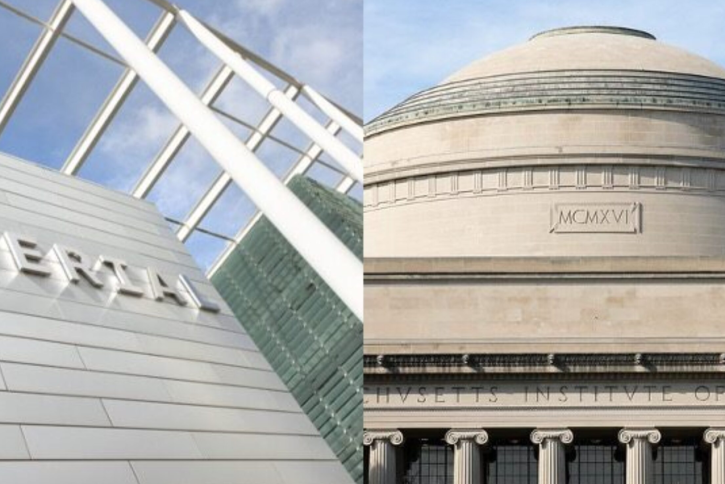
As MIT and London’s Imperial College launched a joint research fund a decade ago, then-President Rafael Reif stressed how “so many of the breakthroughs that the MIT and Imperial faculty have enjoyed can be traced directly to our institutions’ shared commitment to basic research,” Reif said. “It is critical that we continue to find ways to support research interests whose payoff might be significant, but only over time. We are delighted to collaborate with our colleagues at Imperial to create new opportunities for exploration.”
Ten years and a host of new global challenges later, Reif’s words still ring true and were reprised last week when faculty and administrators on both sides of the Atlantic met over Zoom to celebrate the Fund’s tenth anniversary and renew their commitment to its future.
“I think it’s really inspiring to see what we have funded over the years. These are really small amounts of money, but they can have a disproportionate difference on how you’re able to build your networks and get some of that early-stage data that can really help you build larger proposals,” said Mary Ryan, Vice Provost for Research and Enterprise at Imperial. “I’m looking forward to another ten years of collaboration.
Administered by the Center for International Studies, the MIT-Imperial Seed Fund provides grants of $30,000 to $50,000 to support early-stage collaborative research, including costs related to prototypes, small-scale experiments and travel. Since 2015, the fund has received 147 applications and awarded grants totaling over $1 million to 43 projects – ranging from artificial intelligence and climate adaptation to precision medicine and sustainable materials.
At times focusing on specific topics (Zero Pollution and Climate in 2020-2022, for example) and currently an open call for researchers collaborating on any subject, the MIT-Imperial Seed Fund receives more applications than any other named fund administered by the Center for International Studies, Vice Provost for International Activities Duane Boning said.
“It really is a testament, I think, to the interest in mutual collaboration between MIT and Imperial,” said Boning, adding that the agreement between the two universities also covers an exchange program that supports 20 to 25 students undergraduates from each institution annually, as well as Executive MBA exchanges between MIT Sloan and Imperial Business School. “I’m looking forward to finding ways to enhance these interactions and build on these into the future, because the challenges aren’t getting easier,” he said.
The May 21 anniversary event included presentations from several research teams funded by the MIT-Imperial Seed Fund. They included ongoing research into how cancers develop molecular sugar coatings that impact malignancy and cancer emergence, a project exploring the use of thermal feedback systems to improve the training of medical students, and research to develop more energy efficient carbon capture and chemical separation techniques.
Participants also learned about a recently completed project aimed at enabling long-term human habitation on the moon by developing techniques for mining water there.
“It’s a fairly intense collaboration,” said MIT Professor of Engineering Systems Richard de Neufville, noting MIT’s expertise in space system logistics and Imperial’s in mining systems. “What was wonderful about this particular project is that it enabled the collaboration of what I would call a highly complementary team.”
Adding that results of the In-Situ Lunar Resource Utilization project were being presented last week at the European Space Resources Innovation Conference in Luxembourg, de Neufville said “this particular use of the seed fund was catalytic. It has opened up a way of thinking about the problem and potential solutions that weren’t there before. It sets us up for new opportunities for impactful research collaborations.”
That focus on pooling research teams with distinct but complementary expertise was a strength echoed by fund recipients, administrators and other members of the MIT community alike.
“As MIT-UK faculty directors, we see the MIT-Imperial partnership as a key element of the wider MIT relationship with the UK,” said Philip Budden, Senior Lecturer at MIT’s Management School, who, with MIT School of Management Associate Dean of Innovation Fiona Murray, serves as MIT-UK faculty director.
“As the two institutions celebrate the ten-year anniversary of the seed fund, it is clear that this initiative has helped bring faculty together from various parts of MIT and Imperial on joint projects, many of which have grown successfully,” he said. “In these changing times, strong transatlantic relationships like that between MIT and Imperial will evolve for future success.”

